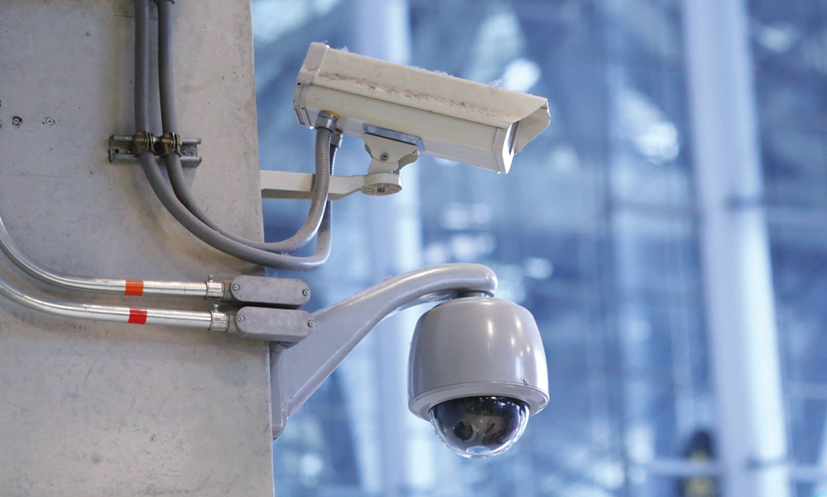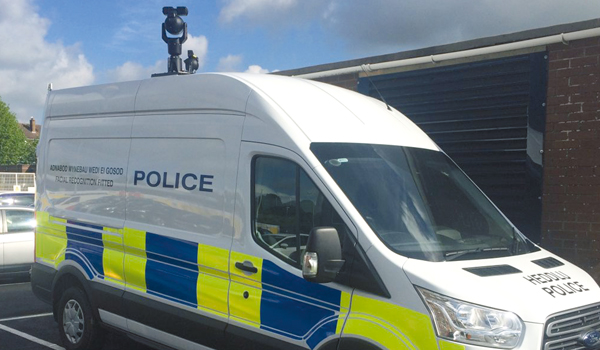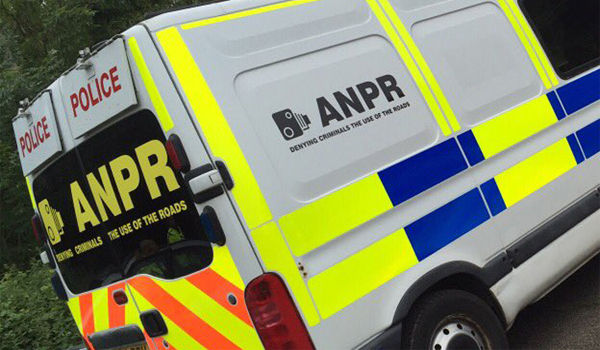The great CCTV switch-off
With cash-strapped councils increasingly switching off their CCTV cameras to help cut costs, the Surveillance Camera Commissioner says police forces and police and crime commissioners will need to invest smarter in new, innovative ways to maintain CCTV coverage.
When the Home Office launched its National CCTV Strategy in October 2007, the then Minister of State for Security, Tony McNulty, declared that CCTV would be an important tool in the Governments crime-?ghting strategy.
The UKs CCTV network has since grown to become one of the largest in the world, but now, almost 20 years later, as councils face further cuts to their budget, austerity measures are resulting in many cameras being switched off.
Surveillance Camera Commissioner Tony Porter admitted local authority funding of CCTV has been in decline for some time since the heady days of central government funding.
The origins of CCTV provision for public space in this country lie in the early 1980s. Since then the use of CCTV systems has expanded gradually but signi?cantly. The earliest systems were funded in a small number of instances by the police or local businesses, but in the majority of cases by local authorities through what were then known as City Challenge or Safer Cities Initiatives.
Subsequent government funding took the form of the CCTV Challenge Competition between 1994 and 1999, under which £38.5 million was made available for some 585 schemes nationwide.
The 2007 National CCTV Strategy highlighted that, in turn, between 1999 and 2003, major investment was made in public space CCTV through the Home Of?ce-funded Crime Reduction Programme (CRP). A total of £170 million of capital funding was made available to local authorities following a bidding process. As a result of this funding, more than 680 CCTV schemes were installed in town centres and other public spaces.
The end of the CRP signalled the end of a dedicated central funding regime for public space CCTV. However, local areas continued to have access to Home Of?ce grant monies in the form of general funding for crime reduction through funding streams such as Communities Against Drugs, the Safer Communities Initiative, the Building Safer Communities Fund and the joint Home Of?ce/ Department for Communities and Local Government initiative, the Safer Stronger Communities Fund.
The CRP represented the biggest-ever single investment in CCTV and extended its coverage and use. It was a key part of the Governments programme to tackle and reduce crime and disorder.
The National CCTV Strategy said the cameras were an effective tool, particularly as an aid to detection, and when used as part of a wider crime reduction strategy, and the CRP initiative was designed to help reduce the unacceptably high crime rates in some areas.
The Government gave priority to bids to support the regeneration of housing estates with high crime rates, making a real difference to the quality of life of the people who lived on those estates. CCTV for car parks seeking secured car park status was also a priority.
CRP funding was also available for CCTV in town or city centres, including improvements and extensions to existing schemes, and for other crime hot spots.
Crime and Disorder Reduction Partnerships were asked to play a key role in helping to decide where CCTV could be most effectively used. As part of the application process, bidders were required to set realistic and achievable crime-reduction targets which demonstrated the impact CCTV could have when deployed as part of a wider strategy.
As a result of this huge investment, most public space CCTV is now owned, monitored and managed by local authorities, many of which have procured different systems at different times and with a range of different speci?cations, leading to a mix of schemes across the country. Although the Government has invested heavily in public space CCTV schemes, so too have local authorities and local partnerships. Local authorities also continue to carry much of the burden for the ongoing costs of running and maintaining their schemes.
Many councils have had to make very difficult choices about which services to prioritise. Some services have already been reduced and some have been cut all together, said Mr Porter in a speech to the CCTV User G







